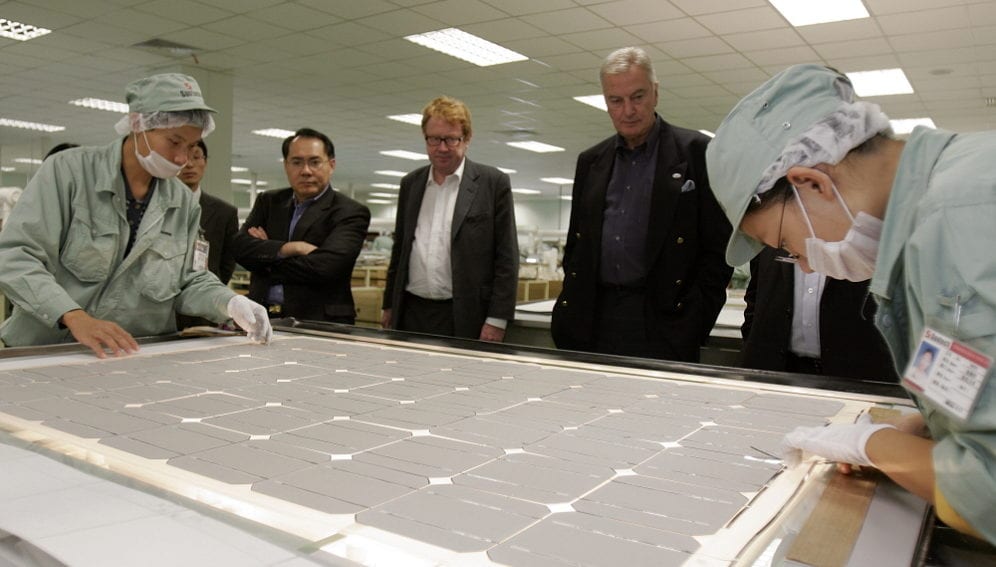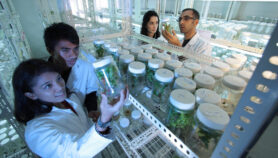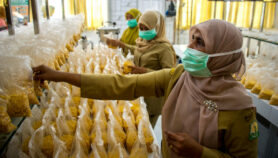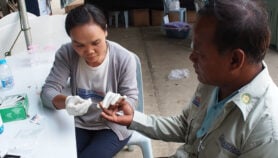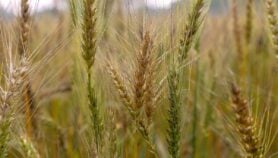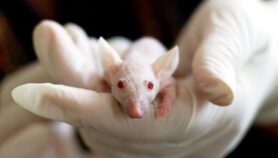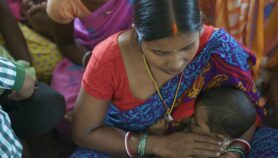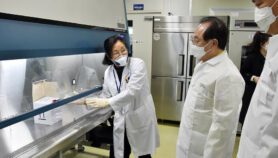By: Anna Valmero
Send to a friend
The details you provide on this page will not be used to send unsolicited email, and will not be sold to a 3rd party. See privacy policy.
[MANILA] An innovation hub was unveiled last week (17 June) to help usher in collaborative research and knowledge sharing on how to best use clean, renewable energy in Asia and the Pacific.
Of the Asia-Pacific region’s population of 4.2 billion people, about 628 million have no access to electricity and 1.8 billion rely on unsustainable biomass sources such as wood and charcoal for cooking and lighting up their homes.
The hub is the third regional centre, next to Africa and Latin America, under the Sustainable Energy For All (SE4ALL) special initiative of UN secretary-general Ban Ki-moon. Launched during the 9th Asia Clean Energy Forum in Manila (16-20 June), the centre is housed at the Asian Development Bank (ADB) headquarters in Manila.
The project combines the resources of the UN Development Programme (UNDP), the UN Economic and Social Commission for Asia and the Pacific (ESCAP), and ADB to help achieve the goal of universal access to energy in the region and to double the global adoption of renewables by 2030.
The new centre will help countries formulate their renewable energy agenda, identify action areas to improve access to energy, improve efficiency, affordability and distribution to reach rural and remote small islands, and create plans on how access to energy can impact on food security, health, gender equality and water supply.
“The world is looking at Asia on how it can tackle its energy demand while promoting inclusion and access for those living in off-grid areas. Asia can lead the renewable and sustainable energy wave,” said Kandeh Yumkella, UN special representative and chief executive officer of the SE4ALL initiative, who also announced the renewable energy decade from 2014 to 2024.
In the face of a warming planet, countries in Asia and the Pacific have the chance to influence the shift to a more sustainable future by adopting clean, renewable energy options, said Gil Hong Kim, director for sustainable infrastructure at ADB’s Regional and Sustainable Development Department.
“Coal is cheaper but the external costs to health and environment make it actually more expensive for a country in the longer run,” noted Kim.
Kim cited a study by the International Renewable Energy Agency, which estimates US$200 billion savings in health costs and US$740 billion annual savings from pollution caused by fossil fuels.
The ADB official admitted that for now, coal will play a role in attaining energy security in Asia but the significant transition to renewables of major countries such as China, India and Vietnam prove that there is a conscious push for increasing cleaner options in Asia’s energy mix while maintaining GDP growth.
The launch of the Asian SE4ALL hub comes at a time the Association of Southeast Asian Nations (ASEAN) is set to launch the integrated ASEAN Economic Community in 2015.
Christoph Frei, secretary-general of the World Energy Council, notes that as ASEAN heads towards its planned integration, the SE4ALL hub provides a good avenue to synergise efforts for collaboration and research on issues such as cheaper and efficient storage for solar power, smart metering, and carbon dioxide removal technologies.
Link to the SE4ALL website
This article has been produced by SciDev.Net's South-East Asia & Pacific desk.


